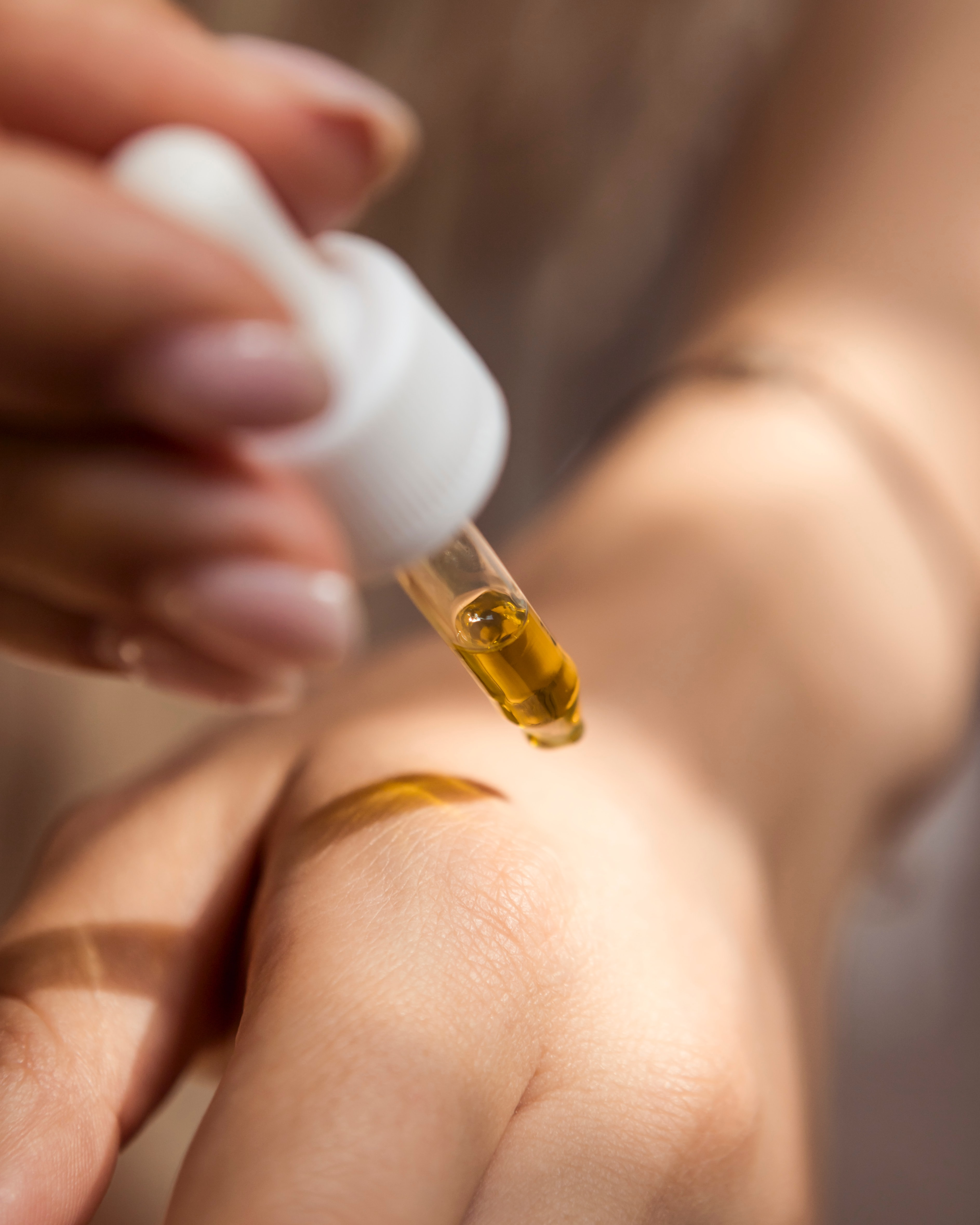The words ‘eczema’ and ‘psoriasis’ are often used interchangeably even though they are different. One of the main reasons for this is that it can be difficult to tell the difference between psoriasis and eczema based on symptoms alone. The good news is that treatment options for both skin conditions are similar, and many people achieve good results.
Read on to learn more about the differences and similarities between these conditions, as well as their symptoms, causes, and treatments.
Psoriasis vs. Eczema – Symptom Comparison
One of the main reasons it’s difficult to distinguish between psoriasis and eczema is that there are no known factors that cause either condition because it’s a disease of the immune system.
Symptoms for psoriasis and eczema can be similar, especially when they appear on the skin. They include:
- Red, scaly patches of skin
- Dry, cracked skin
- Itching
- Thickened, leathery-looking skin
Psoriasis vs. Eczema – Similarities
The main symptom shared between both types of conditions is red, scaly patches on the skin. However, psoriasis tends to be more thick and scaly in appearance, while eczema often appears flaky or dry. The scales may also vary in color, with eczema being more likely to have skin scales that are various shades of white.
Psoriasis vs. Eczema – Chronic Nature
Both psoriasis and eczema are considered chronic conditions because while the symptoms may go away over time, there is no cure. As a result, both organisms can be managed using a combination of topical creams and medications, and lifestyle changes.
Psoriasis vs. Eczema – Location
Although the symptoms for both conditions may appear on any part of the body, psoriasis is most likely to show up on both sides of the elbows, back, scalp, arms, abdomen, or genitals. In addition, lesions may also appear symmetrically on the affected side of the body only.
On the other hand, eczema generally appears in areas where there are creases in the skin, such as behind the knees, inside of elbows, hands, wrists, ankles, and feet.
Psoriasis vs. Eczema – Cause
The cause of psoriasis is not entirely understood, but experts believe it may do with genetics. While the way cells reproduce in the outer layer of skin (epidermis) is controlled by the immune system, psoriatic skin cells seem to multiply too quickly or stick around for longer than they should.
Studies have found that people with a family history of psoriasis are more likely to develop the condition, suggesting that genetics may play a role in creating it.
In contrast, the exact cause of eczema isn’t known, but experts believe it could do with an overactive reaction in the immune system. In this case, the body’s immune cells get confused and attack the skin’s outer layer, causing inflammation.
In both psoriasis and eczema, the symptoms result from an overactive immune system attacking healthy tissue in the body. This is why it’s important to treat both conditions to help reduce or eliminate symptoms and manage the condition.
Psoriasis vs. Eczema – Treatment

Treatment options for both conditions include medications (topical or oral), clinically tested products, and lifestyle changes. Some ways you can help ease symptoms of psoriasis and eczema are:
- Avoid triggers such as stress, smoking, certain foods, harsh soaps, laundry detergents or fabric softeners, and certain medications.
- Sticking to a healthy diet
A healthy diet helps you stay in good shape and ensures that your body gets the nutrients it needs to fight off infections and help regulate immune cells.
Eating a diet high in whole grains, vegetables, fruits, lean protein, and healthy fats can help promote a healthy immune system by providing essential vitamins and minerals that boost immunity. Additionally, reducing your intake of foods with a high glycemic index (vegetables, fruits, and whole grains) can help reduce inflammation in the body.
- In addition to lifestyle changes and medications, eczema may sometimes be treated using phototherapy or steroid injections. In severe cases of psoriasis, light therapy may also be used along with medications.
In both cases, the type of treatment required varies from person to person, and it can depend on various factors, including age, the severity of symptoms, location, and overall health.
- Taking supplements such as Omega-3 fatty acids
- Drinking plenty of water daily
- Exercising regularly to help relieve stress and boost your metabolism (in combination with eating well)
- Using products that are tested for psoriasis or eczema management.
While psoriasis and eczema are similar in that they’re both chronic conditions with no cure (for now), there are ways to help ease and treat symptoms. Understanding the critical differences between the two is an excellent place to start when gaining information about your condition(s) and creating an individualized treatment plan with your doctor.
In order to manage both conditions, it’s essential to consult a dermatologist or doctor that specializes in diagnosing and treating skin disorders. They can help determine if you have psoriasis or eczema and suggest what course of treatment is suitable for your condition.
